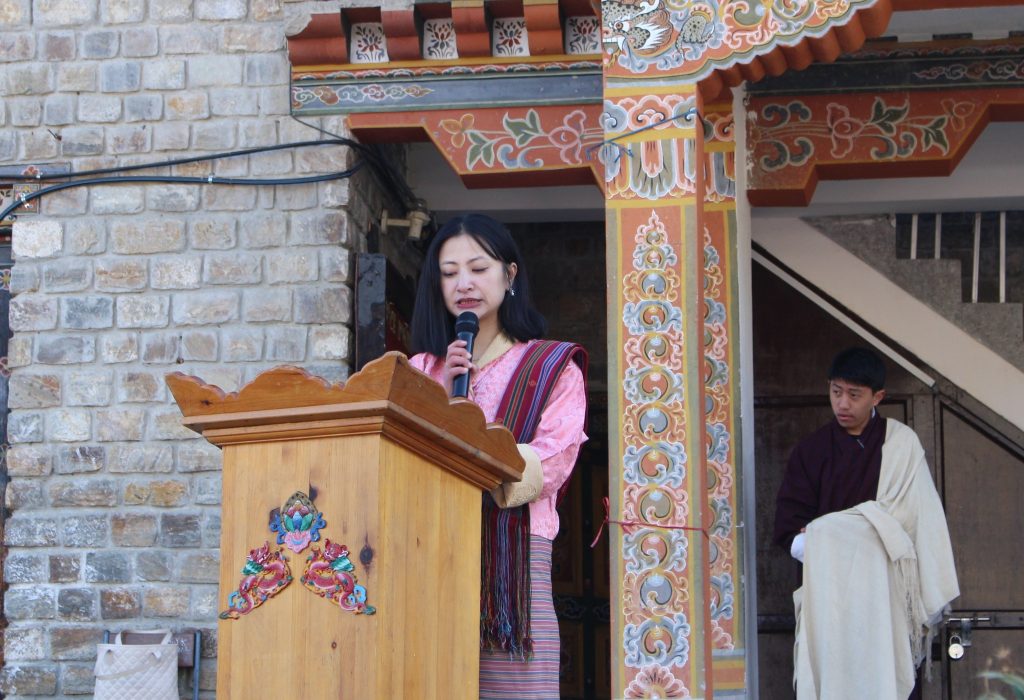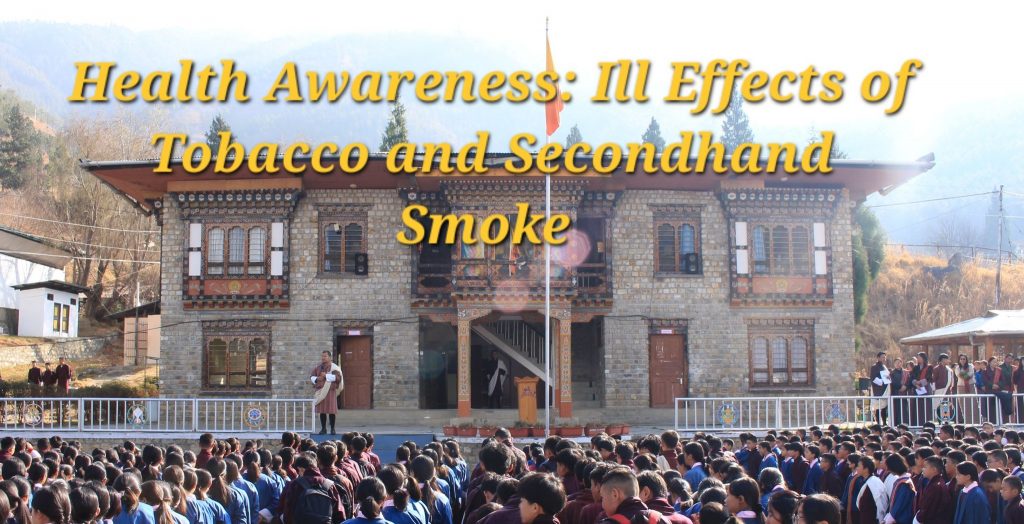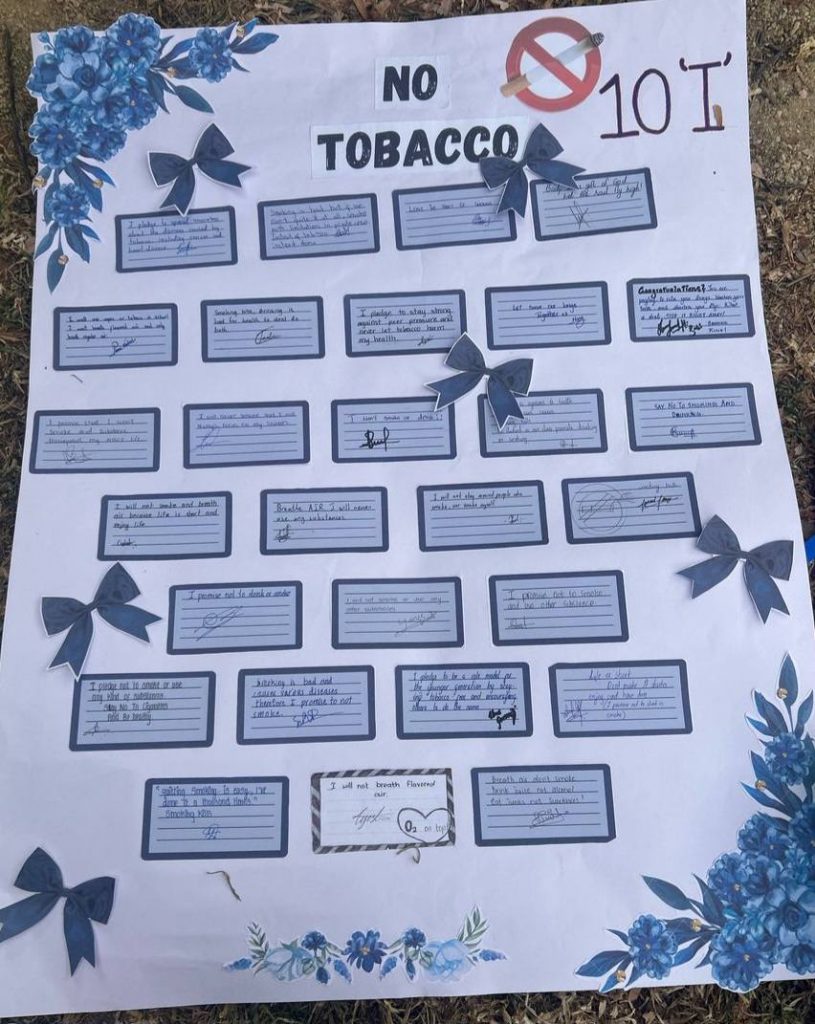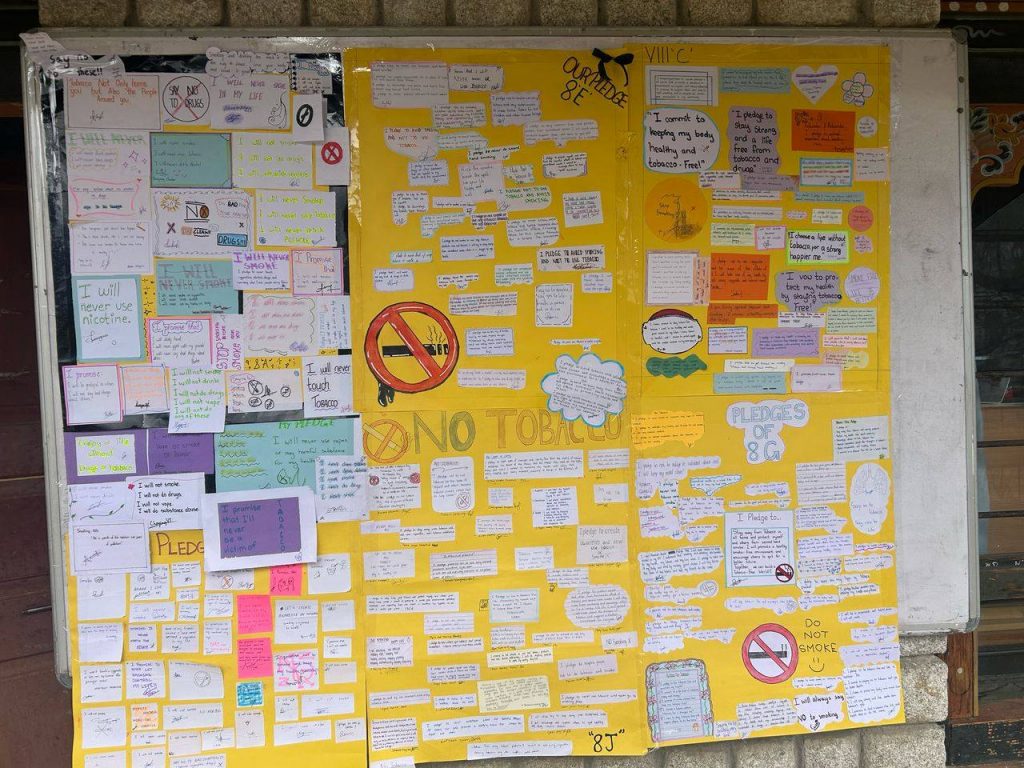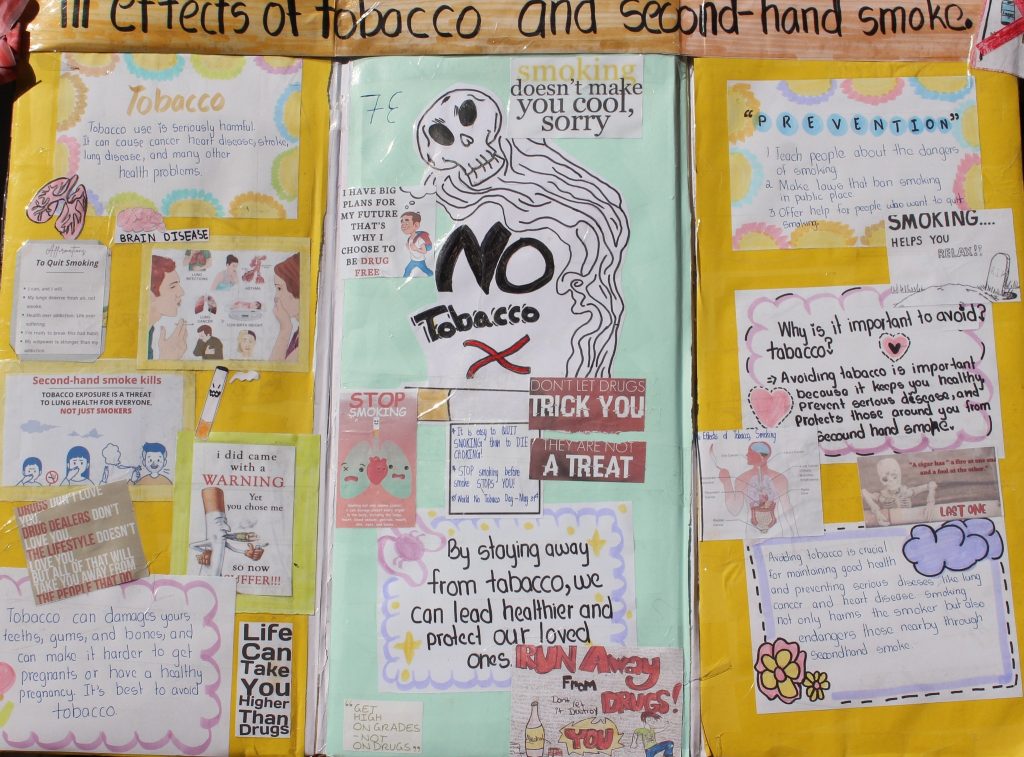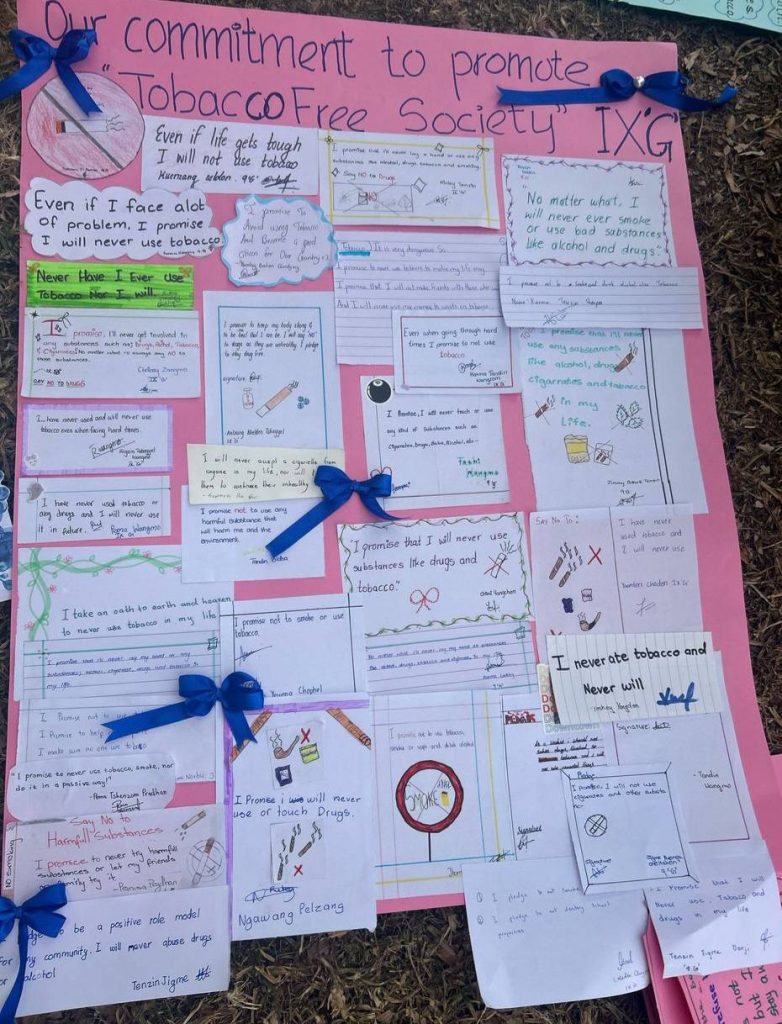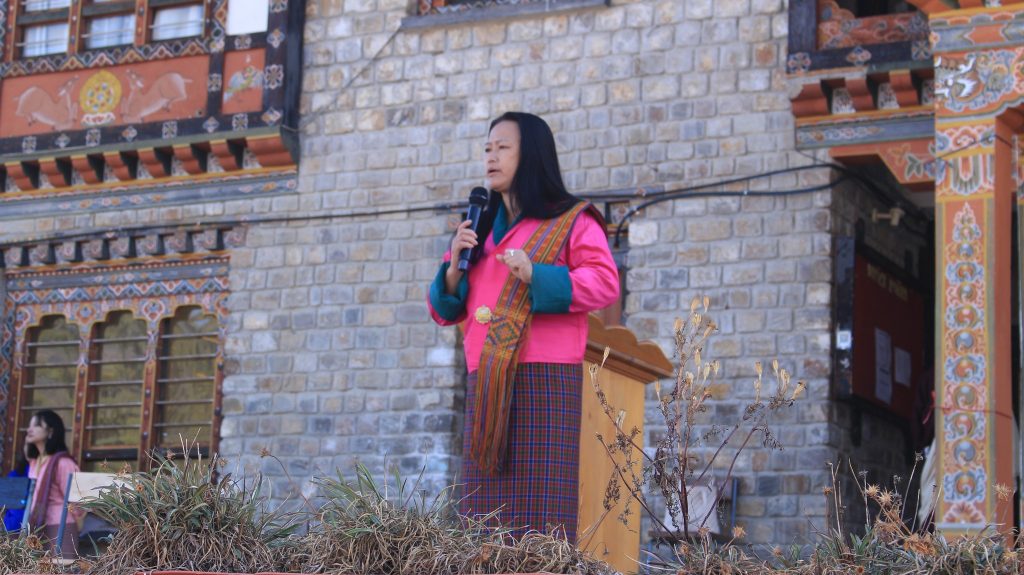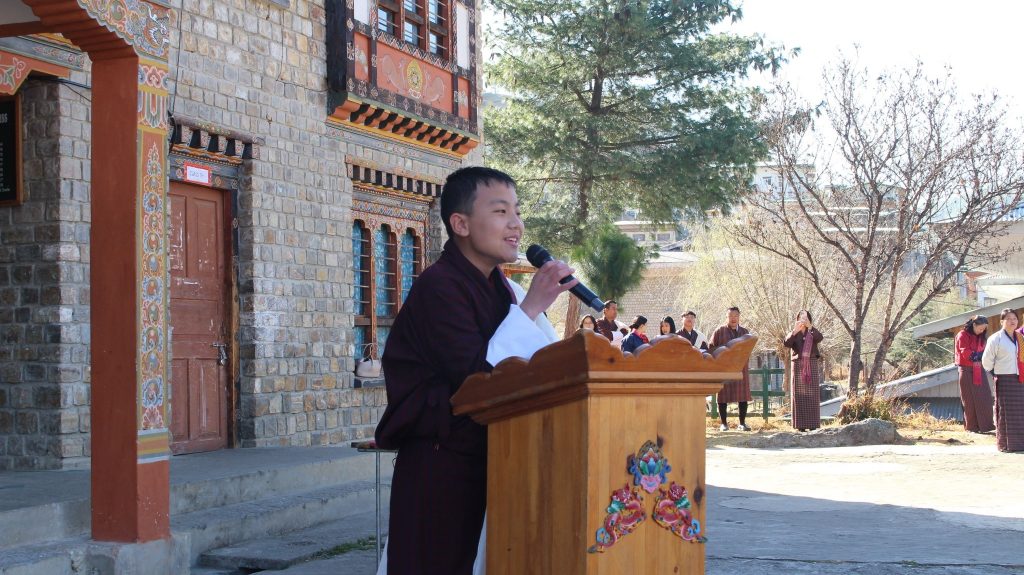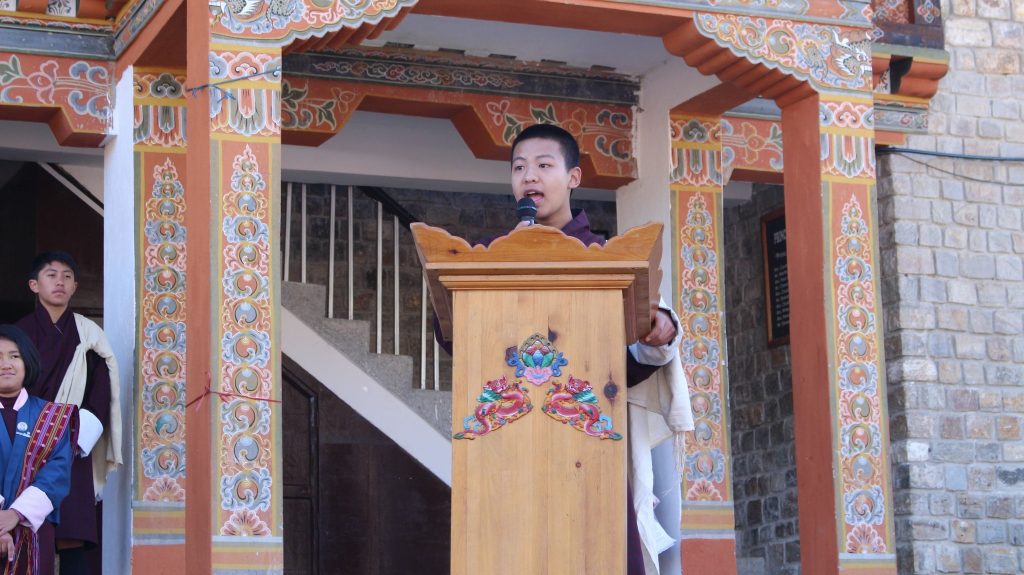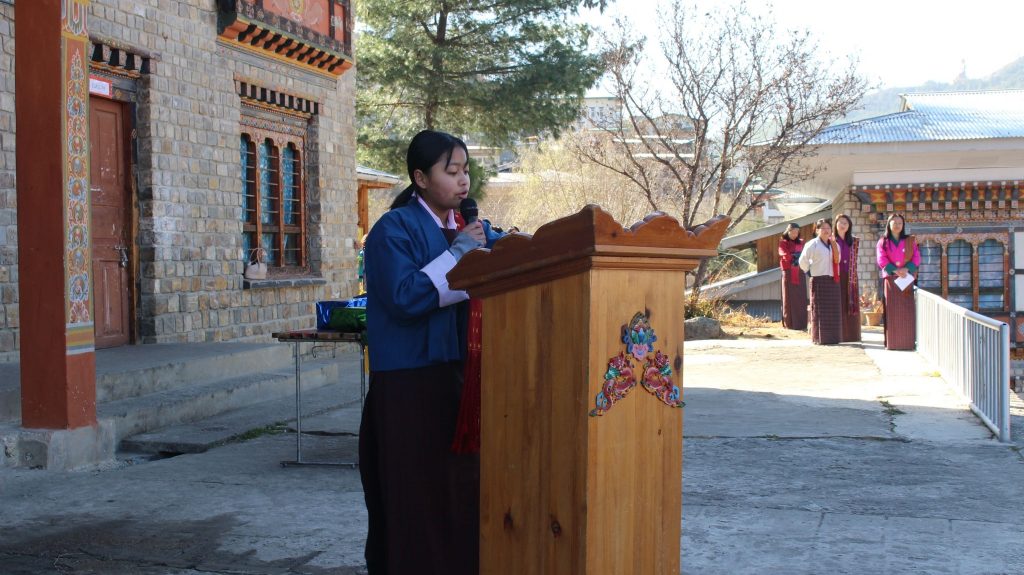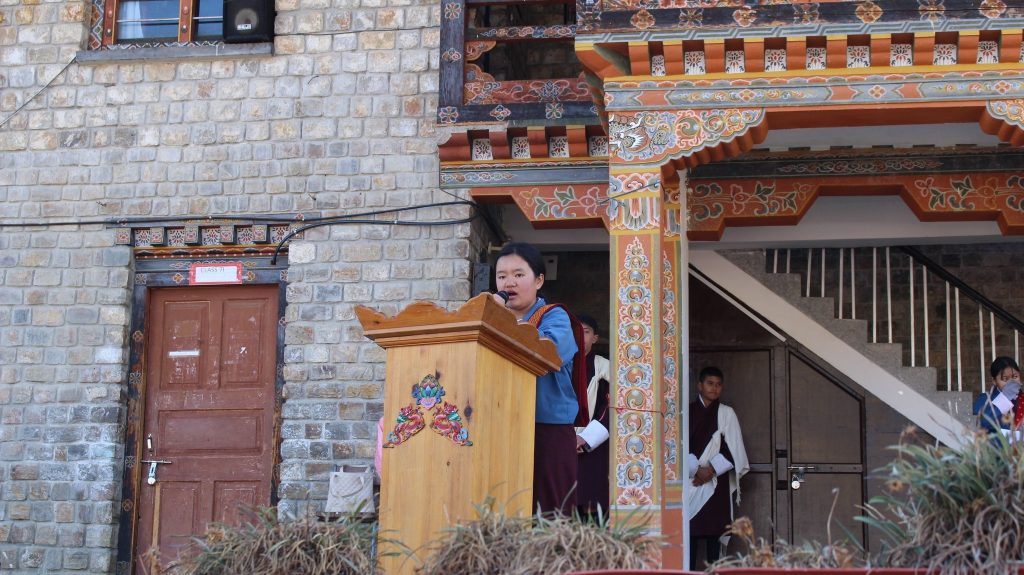Health Awareness: Ill Effects of Tobacco and Secondhand Smoke
On the 26th of February, LzMSS coordinated a health awareness event titled “Ill Effects of Tobacco and Secondhand Smoke,” organized by the health committee. The event, which featured a Poster Competition, served as a platform to raise awareness about the significant health risks associated with tobacco use and exposure to secondhand smoke. The event demonstrated our collective commitment to addressing the profound health challenges posed by tobacco. Tobacco consumption had been recognized as a leading cause of preventable diseases and premature deaths worldwide. The harmful effects extended beyond smokers to those around them, as secondhand smoke contained over 7,000 chemicals, many of which were toxic and about 70 could cause cancer. In Bhutan, the impact of tobacco use had been particularly concerning. The World Health Organization had reported that tobacco use was a significant risk factor for non-communicable diseases, including heart disease, stroke, and various cancers. Moreover, exposure to secondhand smoke could lead to respiratory infections, ear infections, and asthma attacks in children, and increased the risk of coronary heart disease and stroke in adults who did not smoke. As part of the event, students took pledges to abstain from tobacco use and to advocate for a smoke-free environment. These pledges highlighted their commitment to maintaining their health and encouraging others to do the same. By taking these pledges, students played an active role in promoting awareness and reinforcing the message of the event. The poster competition featured a diverse array of artworks created by talented individuals who had dedicated their time and creativity to illustrating the dangers of tobacco and secondhand smoke. These artworks served as powerful tools in our ongoing efforts to educate and inspire change within our communities. As the event concluded, we were reminded of the significant impact that awareness and education could have in combating the tobacco epidemic. The health committee believed that together, we could foster a healthier, tobacco-free environment for ourselves and future generations.

